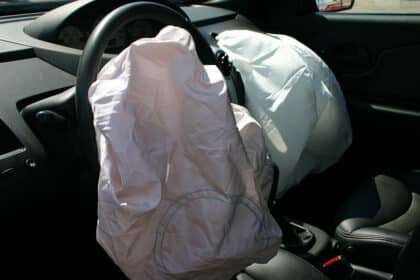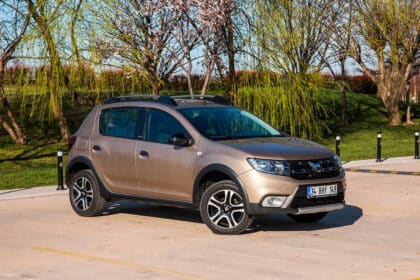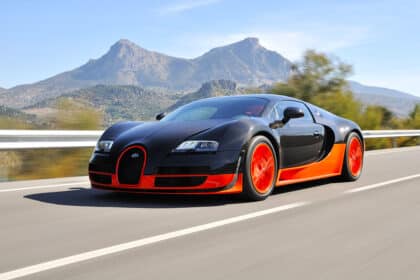 Photo: Toyota
Photo: Toyota
In a new press release outlining its path to carbon neutrality, Toyota said it plans for electrified vehicles to make up 70 percent of its total sales volume in the United States by 2030, and 90 percent in Europe by 2025.
Out of all the full-line automakers, Toyota seems the one most reluctant to go all-in on battery electric vehicles, and that sentiment was once more reflected in this recent statement.
Related: How Toyota is working hard to go even greener
“Although some people believe concentrating resources on one possible solution will achieve the goal more quickly, we believe investing in many different solutions will actually be a faster way to achieve carbon neutrality around the world,” said Chris Reynolds, chief administrative officer at Toyota Motor North America.
Toyota then went on to highlight its various historical milestones and achievements, such as how its hybrid models have saved 139 million tons of greenhouse-gas emissions around the world, and 76 million tons in the U.S. alone.
According to John Goreham of the New England Motor Press Association, “That accomplishment is unmatched by the large full-line automakers combined,” but “nobody cares” because “many EV shoppers/owners/advocates don’t really want carbon neutrality anymore.”
“What they primarily want from automakers is gas to be gone. Now. Not later,” Goreham explained. “So, for these vocal advocates of BEVs, any hint that a car company isn’t 100 percent on the fast lane to BEVs is the reason for ridicule. I don’t hold that view, but I observe it in my daily research on EVs and shopper trends.”
Related: Toyota unveils all-electric bZ74X Concept
Certainly, it’s a little odd for a company like Toyota, who has been so ahead of the curve on electrification and done more to reduce its environmental footprint than any other automaker (while most competitors only followed suit when incentivized or mandated by legislation) to now be so unenthusiastic about BEVs.
It’s clear that while Toyota believes in carbon neutrality, it doesn’t believe going all-in on BEVs is the right solution. It continues to invest millions into hydrogen fuel technology despite extremely low adoption rates, and though it expects to reach eight million electrified vehicle sales globally by 2030, only a quarter of these are anticipated to be fully electric.
Will Toyota’s focus on offering a diversified portfolio be to its advantage, or will it become competitively unsustainable as the world’s governments push for automakers to only make BEVs?
Kurt Verlin was born in France and lives in the United States. Throughout his life he was always told French was the language of romance, but it was English he fell in love with. He likes cats, music, cars, 30 Rock, Formula 1, and pretending to be a race car driver in simulators; but most of all, he just likes to write about it all. See more articles by Kurt.









